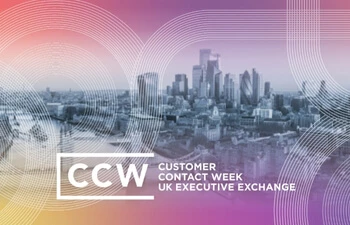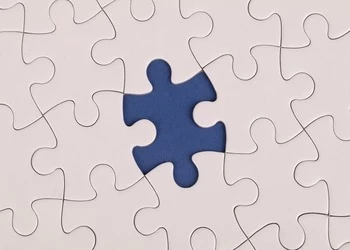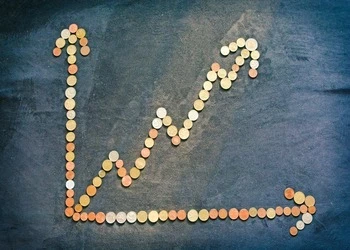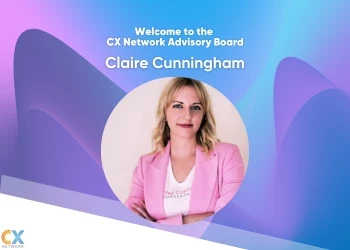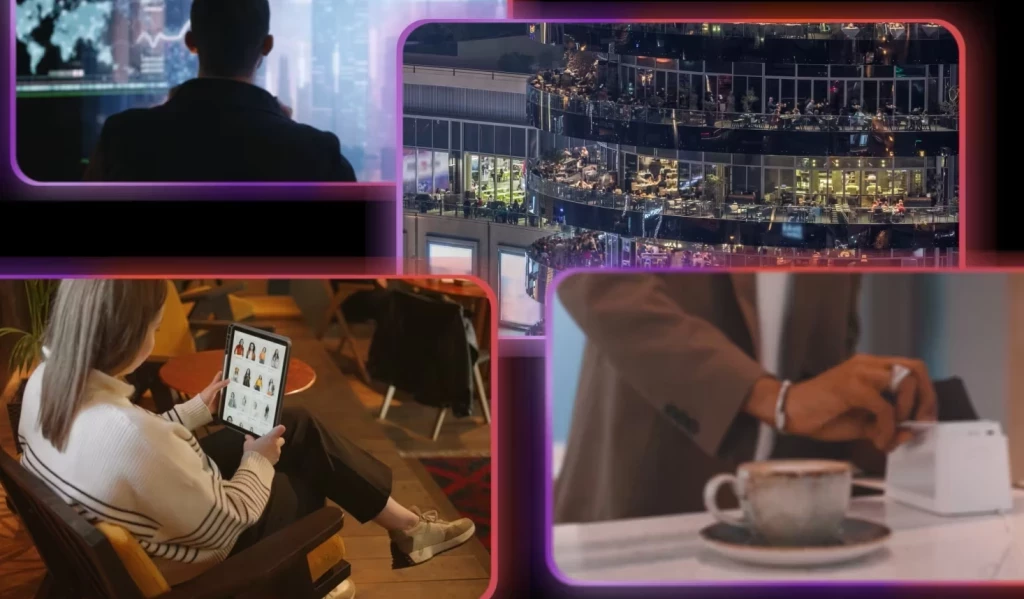“Leaders need to understand the limitation and skills"
What leadership lessons does a record-breaking cyclist have to share? Listen to this week’s podcast to find out
Add bookmarkEPISODE OVERVIEW:


Mark Beaumont, a record-breaking cyclist who peddled his way around the world in less than 80 days, joins host Seth Adler in the CX Network podcast theatre today to discuss perseverance, among other things. 


He notes, in passing, early on in the conversation that he had broken bones for most of the trip. But his focus in the interview – as it was then – was to accomplish the ultimate goal. And the ultimate goal was accomplished by achieving the daily goal every day.


Beaumont’s focus was on cycling an average of 240 miles each day. He shattered his original record by 44 days. And the ultimate goal wasn't about beating the number, it was about optimising his human output.


How does this attitude translate into leadership skills? Listen to the podcast below to find out!


LISTEN NOW:


KEY QUOTES:


If you only get one chance, go big


“The journey for me is about 20 years, two decades of experience. So you cannot fall out of bed and think I can cycle around the world in 80 days. It's got to be built on a skill set and a confidence and a reference point. So, when I was 12, I read about a guy who had cycled from the top of Scotland to the bottom of England, and thousands of people a year do that. But it was a new idea to me. So I took it to my mom and dad, we were living on the farm, and I said, ‘I wanna do this’. And Dad wasn't that keen. And Mom was more supportive and said, “Why don't you try something smaller first’, because I'd not really cycled off the farm before. So I recruited a friend and we cycled across Scotland.

“Fast forward 10 years, I've built a lot of experience now. And I'm leaving university with a perfectly good economics and politics degree. And I decide, ‘Look, let's get this out of my system. Let's just go on one big adventure to end all adventures’. And I decided to cycle around the world. I thought if you've only got one chance, go big. So I couldn't believe that the circumnavigation world record wasn't coveted and professional. It stood at 276 days. And not to be unkind, but I thought, ‘That's pretty slow’."
You need to have a good plan

“You'll never replicate that first time you take on a big enterprise or journey or sporting event. It's the raw emotions of just committing to something so far out of your life's experience. I came home in 194 days and 17 hours so I felt euphoric; I'd smashed the record by well over two months. But I also scratched my head and went, ‘My goodness, I've come home within eight hours of what I said I would’. And it sort of got me fascinated from day one in this idea that you never do better than what you set out to do, so you better have a good plan."
Life experience is what matters

“There's two assumptions I always have with the teams I work: that people are technically good at their jobs; and that people are busy. People are always busy. So understanding and figuring out how people can grow beyond their technical ability, valuing people for who they are rather than what they do. That's your life experience, that's your comfort zone, that's your confidence to work under pressure, that's how you think, communicate and act in difficult situations. So that's not your education, that is your life experience.”
You can’t control everything

“I don't wanna sit here and pretend I'm always successful. Even as an athlete I would say 2/3 of my projects, I either smash a record or set world firsts, but I've failed, and I've failed pretty badly. And it goes back to a simple point. It's not for a lack of planning or trying, it's because you can't affect everything. You don't control everything. Nobody is that omniscient. So I think as soon as you understand that as a leader, and understand the limitation of your capacity and skill set, that gives you a huge freedom of time and a huge confidence in the teams you build around you.”
Understand your people


“What I always do with my projects is I build a team, I test the team, I get rid of those on the team who aren't working. I used to think I'm an all around nice guy, and now I simply hope my moral compass is in the right place. And you know, proof in the pudding, my core team has stuck with me for a long time. But I'm always very keen to really understand people. In the interview process, you can't fully get to the depths of how people work under pressure. So there's always, before that period of performance, there's always a trial, there's always something in real time to figure out how people are under pressure.”



